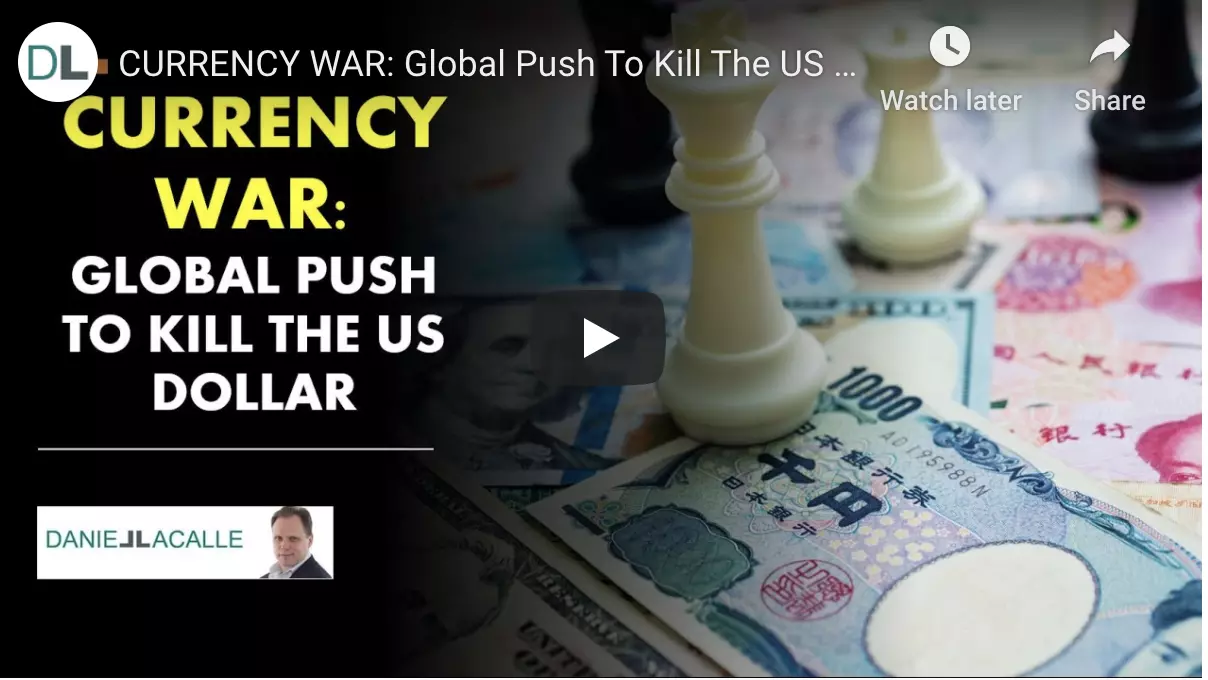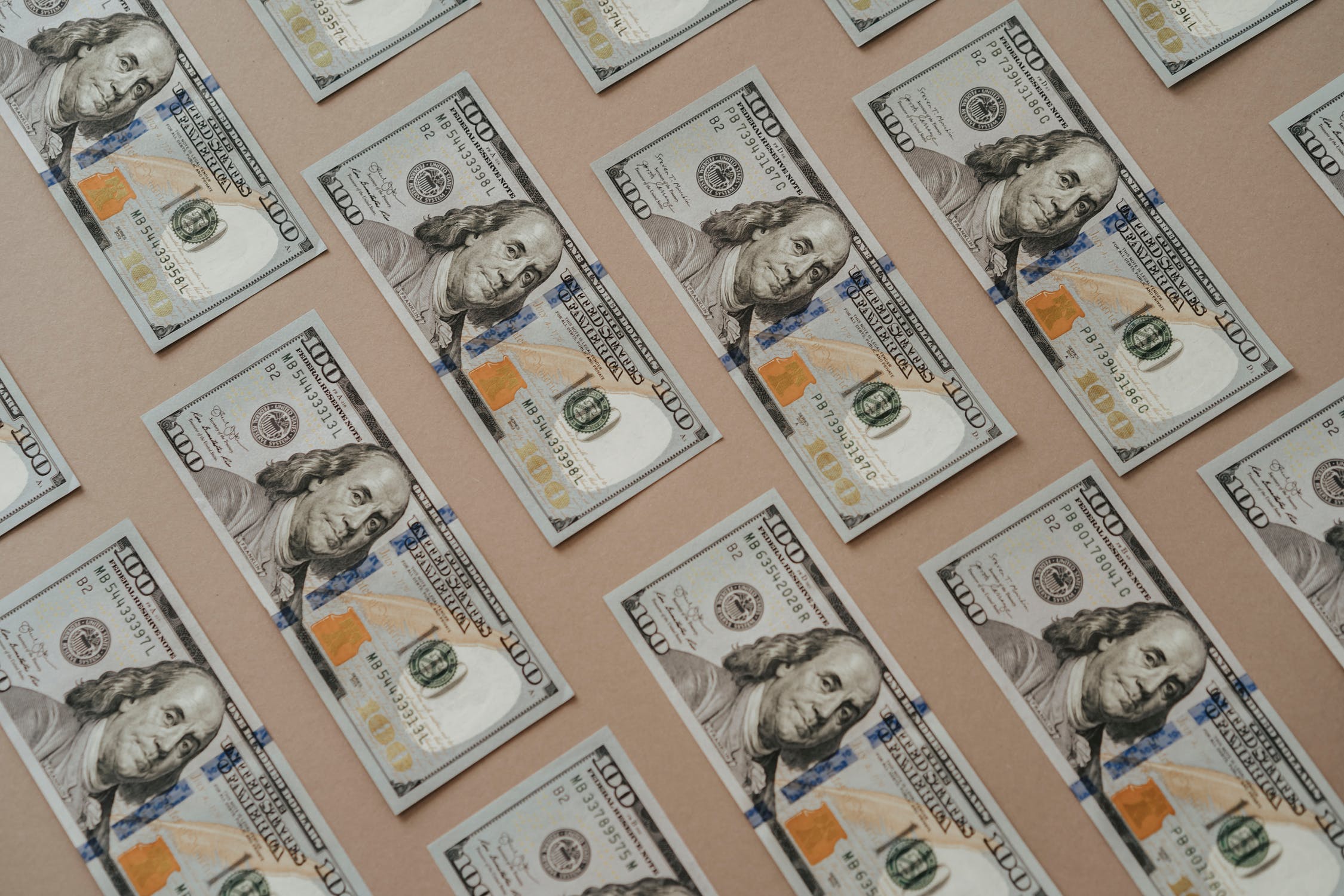The biggest mistake the Biden administration can make is to follow the siren calls of its competing economies to massively devalue the US Dollar, print endlessly and go full-MMT (Modern Monetary Theory), which is not modern nor a theory.
Destroying the currency’s purchasing power to finance bloated government spending has been used for centuries with the same final effect: Collapse of the economy.

After an unprecedented increase in debt and government spending, many countries face the almost inevitable prospect of more currency devaluations, which has triggered pre-emptive responses all around the world. A currency war?
What is a currency war? A currency war is a conflict between nations trying to artificially devalue their domestic currency in order to be more competitive internationally but also to hurt their opponents. Using the currency to make the other nations less competitive while at the same time weakening their power.
It is based on a myth. That devaluation helps competitiveness and that having a strong currency is negative. Devaluation is not a tool for exports, it is a tool for cronyism, and destroys the purchasing power of salaries and savings to benefit low productivity sectors and the government. It is a transfer of wealth from citizens to the government.
The decision of the US Administration to consider some countries a currency manipulator is very relevant and can have significant implications for markets and the global economy, including:
- Excluding firms from US government procurements.
- Block or stop trade deals.
- Calling for heightened IMF surveillance.
- Sanctions to firms trading those currencies and actions at the IMF to take away their currency status.
It is very easy to prove that a country is not a currency manipulator. Eliminating capital controls and indirect or direct exchange rate fixing. The US would have never been able to consider China a currency manipulator if the yuan was not artificially fixed daily and capital restrictions had been eliminated.
The problem is that China, the Eurozone and other countries need a collapse of the US Dollar as world reserve currency in order to present themselves as an alternative.
As such, it is no wonder that so many governments, banks and economists globally are telling the Biden administration to print dollars to eternity, forget about limits to monetary policy and follow Argentina and Venezuela down the “printing money for the people fallacy”. Their ultimate objective is the destruction of the US Dollar as world reserve currency and the end of the United States as a leader in capital attraction.
Devaluing is not a tool to export, it is a tool to disguise structural imbalances and always harms much more than it benefits.
Unfortunately, in the United States, there are voices that want to “weaponize the dollar” (politically intervene the currency) defending the obsolete and pointless policy of devaluation, which would be the biggest mistake in history and put the US economy and its status as a reserve currency at risk.
If the world gets into a currency war, with the assault on wages and savings that devaluation entails, no one wins.
A currency war is a war against citizens, their salaries and their savings, to benefit inefficient and indebted sectors.
A currency war would devastate the purchasing power of salaries and suppress investment and consumption decisions. When governments attack the currency, the economic agents’ reaction is not to invest and consume more, but a generalized slump in spending and capital allocation.
If a country enters a currency war, it disproportionately hurts its own citizens. If China, the Eurozone, Russia and the US do it, it will likely lead to a severe global crisis.
A currency war is not about who wins, but who loses the most. And if countries embark on an assault on their citizens’ wealth via devaluation the message to the world is only one: buy true reserve of value assets, like gold or silver, and hide.




Leave your comments
Post comment as a guest